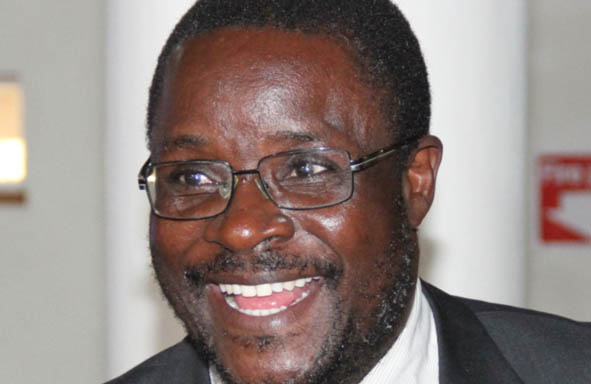Chinamasa, Mutsvangwa’s ‘Difference is the Same’ Public Economic Spat

 Takura Zhangazha Correspondent
Takura Zhangazha Correspondent
THREE Zimbabwean government ministers appear to be at ideological loggerheads. At least on the face of it. Minister Chinamasa (Finance) has been engaging with the International Monetary Fund very directly and responding to most of the latter’s Staff Monitored Programme (SMP) requests with public promises of full compliance.
Minister Mutsvangwa (War Veterans) has in turn been quoted in the media as saying these IMF-sponsored reform programmes are not in Zimbabwe’s best interests.
He has gone so far as to pen an opinion in a local weekly in which he proposes that Government should instead examine the option of looking to China for financial assistance.
Minister Zhuwao, new to Cabinet, has used some of his first public appearances/speeches to make what can be considered rather populist statements against the firing of Government works in line with the SMP requirements.
There are, however, no ‘big issue’ ideological differences that are at play here. And in any event our country is already dealing, though poorly, with all elements of a similar global financial and economic system.
For Mr Mutsvangwa the essential point he is making is that ‘better the devil we know’ with regards to China. He evidently feels that with his own track record of having served as Zimbabwe’s ambassador to that country, and its historical linkages to our liberation struggle he is better disposed to give his cabinet colleague a couple of lessons on why it should be a serious option to engage the Chinese on debt and financial assistance.
Mr Chinamasa on the other hand, in a media interview argued for engagement with the IMF on these key issues of debt relief while explaining that there is no capitulation to western interests on his part or that of government.
I am certain he also had his two vocal cabinet colleagues in mind.
The truth of the matter is whether we are looking west or east for financial assistance, the economic template for engagement remains the same, that of laissez faire economics.
So there is no new virtue or different public interest good that emerges merely be arguing for Zimbabwe to look to the Asian Investment and Infrastructure Bank (AIIB) or even the Brazil, India, China, South Africa (BRICS) New Development Bank (NDB).
The latter two banks lending intentions may appear somewhat more political (solidarity) but essentially they function on the basis of accepted international norms and standards of investment, i.e. emphasis on the exploitation and even creation of markets for multinational corporations for profit. Hence the irony that even the IMF and World Bank have no big ideological query with the AIIB.
So when the niceties of historical solidarity or even ‘sustainable’ or ‘infrastructure’ development are put aside, these three cabinet ministers are singing from the same hymn sheet.
Attempts at populism as those being undertaken largely by Mr Zhuwao only seek to mask our ‘between a rock and a hard place economic realities.’
In the settling of the dust in this war of words, not economic ideologies, it all comes back to their principal’s state of the nation address in Parliament this last August.
As President Mugabe indicated, the trajectory of government is now all about ‘the ease of doing business’.
This is a phrase that will be found in Western or Eastern backed global financial institutions.
It will include private public partnerships to seek the privatisation of public goods and services in order to make profit.
As of the old imperialist project, this entails a creation/ exploitation of ‘ new markets’ with the only difference being, it will be with the permission of independent/sovereign governments.
Admittedly this hegemonic/complete hold on economic development narratives is one that is very difficult to propose alternatives to.
But our cabinet ministers would do well to create what are essentially false binaries between what comes from Beijing and what comes from Washington.
Indeed the Chinese and the Russians may have vetoed the intention to impose United Nations sanctions on Zimbabwe but that too was not out of mere solidarity but in their own best ‘market’ interests.
So while the public spat between ministers from the same cabinet can go on so will the reality that Zimbabwe is ‘open’ economic sesame. Despite all our claims to radical nationalism and unless we can contextualise our search for economic solutions much more democratically, learn to seek some protection for our small markets, we are kneeling at the altar of neo-liberalism.
Whether we face East or we face West.
And as always, it’s the grass that suffers.
- This article is reproduced from http://takura-zhangazha.blogspot.com









Comments